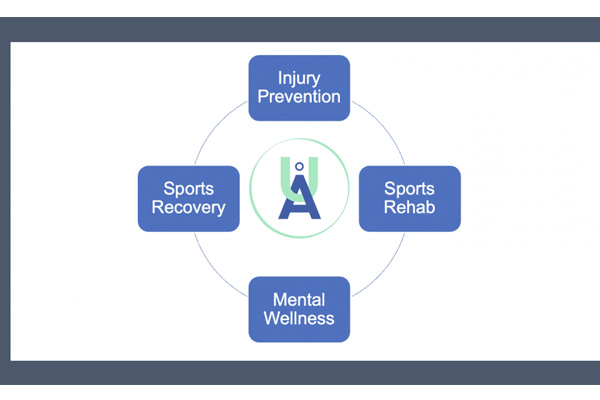
Here’s a comprehensive guide on incorporating grit-building strategies into ACL recovery, focusing on fostering perseverance and mental resilience at every stage of the process:
1. Set a Powerful Recovery Vision
- Define Your “Why”:
- Reflect on why returning to sport is meaningful. Examples:
- “To be a role model for my team and family.”
- “To feel confident and strong again.”
- Reflect on why returning to sport is meaningful. Examples:
- Visualize the End Goal:
- Picture yourself achieving milestones (e.g., walking without crutches, playing your first game back).
- Visualization boosts motivation and grit by keeping you focused on the bigger picture.
2. Break Goals into Manageable Milestones
-
Set SMART Goals (Specific, Measurable, Achievable, Relevant, Time-Bound):
Example:- Week 4 Goal: Achieve 90° knee flexion during physical therapy sessions.
- Month 3 Goal: Walk without crutches and minimal discomfort.
-
Track Progress:
- Use a recovery journal or app to document your milestones.
-
Celebrate Small Wins:
- Acknowledge successes like bending the knee further or reducing swelling. Positive reinforcement encourages perseverance.
3. Build a Resilient Mindset
Use Positive Self-Talk:
Replace limiting beliefs with empowering phrases:
- Instead of: “This is taking too long.”
- Say: “Every day, I’m one step closer to recovery.”
Reframe Setbacks:
- View setbacks as opportunities for growth.
- Example: If swelling delays progress, use it as a chance to focus on icing, rest, or upper body exercises.
Learn From Pro Athletes:
- Many elite athletes (e.g., Adrian Peterson, who returned to MVP form after ACL surgery) credit mental toughness for their successful recovery.
4. Stay Consistent Despite Challenges
-
Commit to Your Rehab Plan:
- Attend every physical therapy session.
- Follow daily exercises and avoid skipping even when motivation dips.
-
Create a Routine:
- Build habits around recovery tasks (e.g., icing, exercises, nutrition) so they feel automatic.
5. Develop a Support System
-
Lean on Your Network:
- Share your goals with family, friends, teammates, or coaches. Their encouragement can boost perseverance.
-
Join ACL Recovery Communities:
- Online groups or in-person support networks allow you to connect with others going through similar challenges.
6. Build Mental Resilience With Exercises
Mindfulness and Meditation:
- Focus on deep breathing to stay present and reduce anxiety about setbacks.
- Example: Spend 5-10 minutes daily practicing mindfulness.
Gratitude Journaling:
- Write down 3 things you’re grateful for each day to maintain a positive mindset.
Growth Mindset Practices:
- Reflect on how the recovery process is making you stronger, both mentally and physically.
7. Nutrition and Physical Wellness to Fuel Grit
- Eat for Recovery:
- Focus on nutrient-rich foods to aid healing (e.g., lean proteins, omega-3 fatty acids, and anti-inflammatory foods).
- Sleep for Resilience:
- Aim for 7-9 hours of quality sleep each night to recharge physically and mentally.
8. Create Accountability Systems
-
Daily Commitments:
- Have a checklist of tasks you complete each day (e.g., exercises, icing, journaling).
-
Use a Coach or Therapist:
- Partner with a mental performance coach or recovery specialist to keep you on track.
9. Keep Progress Fun and Engaging
- Gamify Your Recovery:
- Set challenges (e.g., hold a single-leg balance longer each day) and reward yourself for achieving them.
- Incorporate Variety:
- Add new, safe exercises to keep workouts engaging and enjoyable.
10. Prepare for the Emotional Ups and Downs
-
Accept the Journey:
- Recovery has highs and lows. Accepting this helps prevent frustration from derailing your efforts.
-
Normalize Your Experience:
- Remember, frustration, fear, and self-doubt are common during recovery. These emotions don’t define your grit but rather your ability to push through them does.
Key Takeaway:
Grit is about showing up every day, even when it’s hard, and keeping your eye on the prize. By setting clear goals, celebrating progress, reframing challenges, and maintaining consistency, you can build the mental resilience needed to not only recover fully but return stronger than ever.






